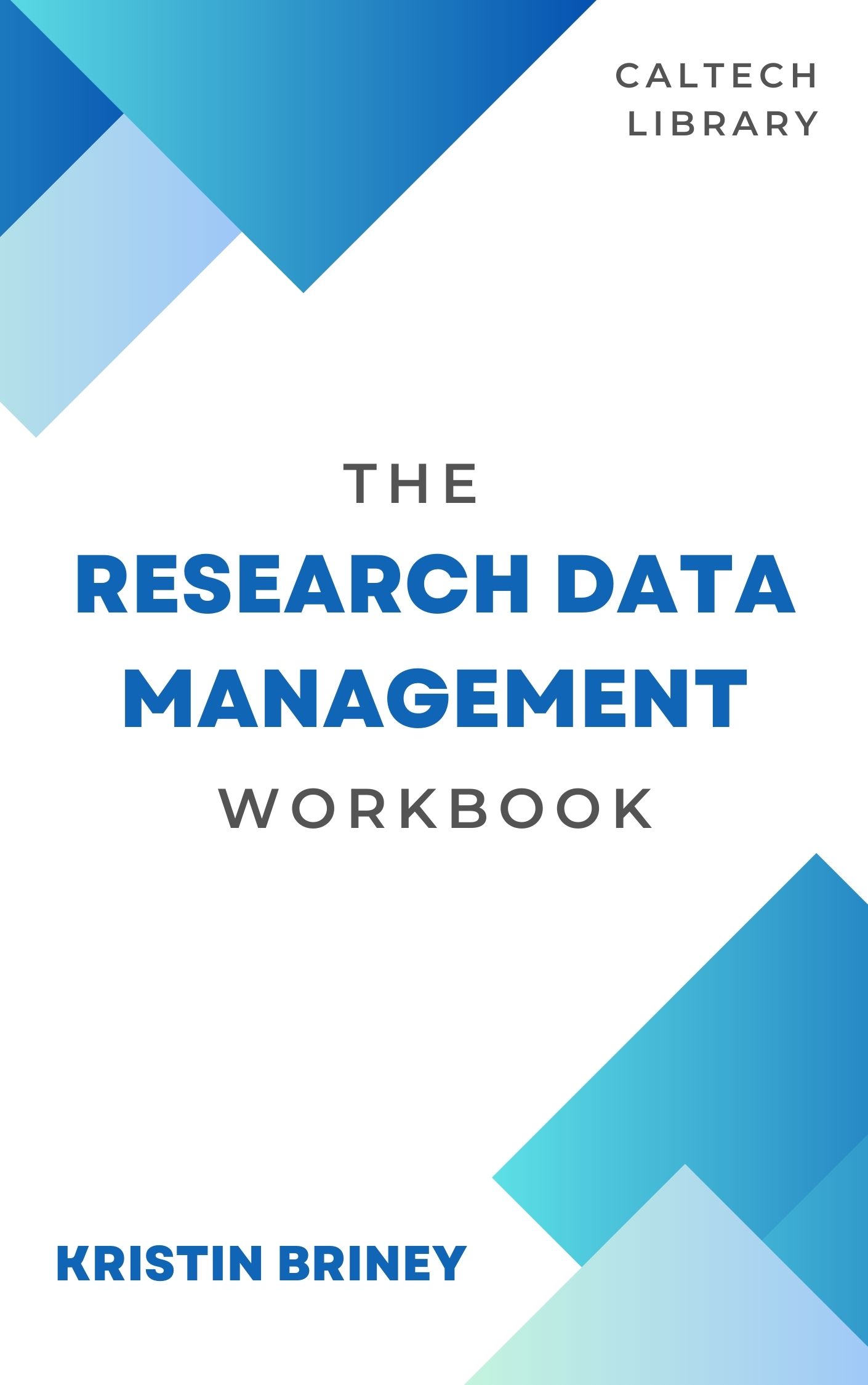Managing your research data well feels like a big task. There are so many practices that make up good data management that there are whole classes (Oregon State, University of Minnesota) and curricula (NECDMC, MANTRA) on the topic. There’s even a book on data management for researchers coming out in 2015 that I am very excited about (I’m admittedly biased on this). This profusion of practices is a lot to take in if you’ve never consciously managed your data before. So how does one tackle data management if you are new to the subject?
Rather than try to do everything at once, I always recommend a slow and strategic approach to data management when you are getting started. You can really begin anywhere (the posts on this blog can provide inspiration), but I usually suggest one of the following as a starting point:
- Make sure you have reliable backups
- Improve your note-taking practices
- Decide on an organizational system for your data and use it consistently
- If you have sensitive data, review your data security plan and update it
- Check to see if you can read your old data files and update file formats and media as needed
All five of these practices are something that you can tackle without a lot of data management experience and will have a big impact on the safety or ease-of-use of your research data.
Once you pick a topic to work on, dedicate a month to slowly improve your habits in this area. With practices like note-taking and organization, try to make good habits part of your routine. With the other practices like reliable backups and keeping track of old files, work to make sure you’re using the best systems available to you; don’t forget to talk with your coworkers about systems you can use together. Basically, focus on improving one data management practice at a time until you are satisfied and comfortable with your new practice. Then choose another data management practice to focus on the next month.
Data management is really the compilation of a lot of small practices that add up over time, and the more you can make those practices routine, the easier it becomes to manage your data well. But every step you take to improve your data management helps. For example, if the only task you address on my list is adding reliable backups, then your data are safer from loss as compared to before. So put a little conscious effort into managing your data, improve your practices slowly over time, and pretty soon you will discover that you have well managed data.




